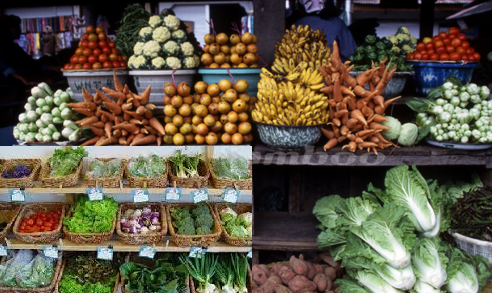The rejection of some of Nigeria’s exported food items by the European Union is not only detrimental to the agricultural sector, but is also counterproductive to the economy, stakeholders in the science and agricultural sectors have warned.
According to them, plans to make the agricultural sector a major revenue earner for the country may suffer a setback if produce from the industry are being rejected by foreign countries.
The stakeholders’ views were made public in Abuja during an international symposium on mycotoxins in nuts, dried fruits and cereals, organised by the International Society for Horticultural Science in collaboration with the Raw Materials Research and Development Council.
The symposium, with the theme: ‘Minimising mycotoxin contamination in food and feeds,’ had over 140 national and international participants from the academia, industries, research institutions, farmers’ associations, entrepreneurs, government ministries, departments and agencies as well as private sector investors.
In a communique issued at the end of the symposium, participants at the event noted that Nigerian agricultural export produce were facing some level of rejection internationally.
According to them, the development may lead to poor revenue generation and may reduce the sector’s contribution to the country’s Gross Domestic Product if not addressed quickly.
About two months ago, the EU placed a ban on Nigerian foods like beans, sesame seeds, melon seeds, dried fish and meat, peanut chips and palm oil. The union stopped the export of these commodities into its markets till 2016.
Copyright Ships & Ports Ltd. Permission to use quotations from this article is granted subject to appropriate credit given to www.shipsandports.com.ng as the source.
